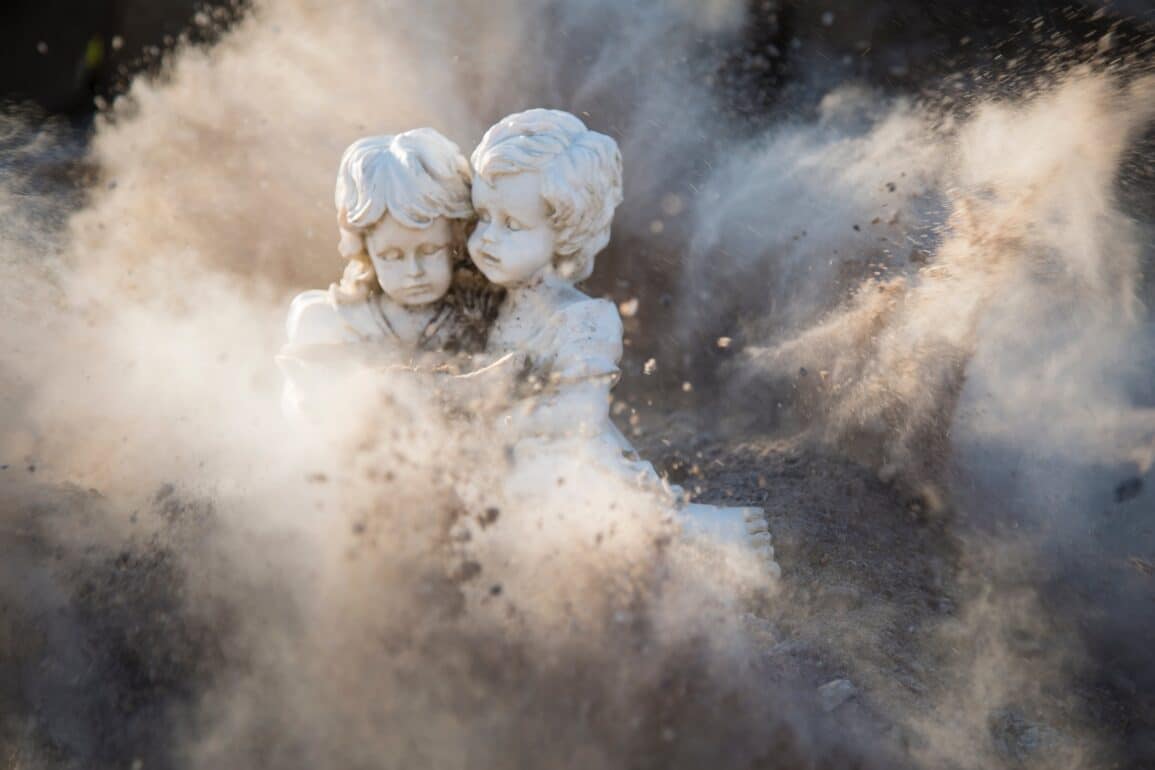Erik Varden (1974) is a Norwegian Cistercian monk and bishop. I got The Loneliness Explosion. On Christian memory (Fonte, 2021). A writing that is, at the same time, spiritual meditation and intellectual reflection, designed to be read in slow motion. In each chapter, biblical quotes and literary and spiritual texts come to light that illuminate the themes chosen by the author: remember that you are dust, remember that you were a slave in Egypt, remember Lot’s wife, do this in memory of me, Be careful not to forget the Lord. These titles are enough to realize the refrain of the book: memory.
The proximity of Ash Wednesday matches the first chapter of the book: remember that you are dust. “Then the Lord God formed man from the dust of the ground (adamah in Hebrew); He breathed into their nostrils the breath of life (spiraculum vitae), and man became a living being.” Gen. 2, 7. “The words,” says Varden, “that God spoke after the fall, repeated on Ash Wednesday, simply return to the truth those who have surrendered to momentary amnesia. To say that Adam will return to el-hadamah, to the earth, is equivalent to saying: remember what you are, where you came from” (p. 24). A call to humility from the very beginning of creation to free us from the inclination to appear more than we are, rescuing us from “our illusory self-exaltation” (cf. p. 26). The spirit of life that God gives us is a pure gift. We must keep this endowment of spiritual life in his image and likeness present so that successes and achievements do not make us forget where the Lord has raised us from.
Trying to live according to the Christian vocation usually involves a conversion: trying to leave the old man to imitate the life of the Master. We are aware of the attachments of our heart, not always anchored in the goods that perfect us. We try to get rid of bad attachments, but, on more than one occasion, they are activated again, demanding our attention and desire. Likewise, we look back at them and our hearts fall into those insidious attachments. A bad step that stops spiritual growth, turning us into pillars of salt, as happened to Lot’s wife. It is not the end, of course, because the image of God imprinted on our soul enables us to detach ourselves again and recover our paralyzed spiritual life. Getting rid of those bad desires is not once and forever. We must remember, with Job, that human life is a continuous struggle to become our best version. “It is what the Greeks called asceticism, the athletic exercise of the spirit” (p. 137).
Among the many texts and testimonies that Varden cites, I collect this one from Maïti Gertanner, heroine of the French Resistance. She was subjected to harsh torture that truncated her virtuosity on the piano as well as physically disabling her: “suffering, for me, was not a transitory state, but a way of being.” However, despite these unintended limitations, a certainty was born in her: “she did not have to be nostalgic for what had been or what could have been. Instead, she had to love what she was and seek what she should be.” After a few years, her torturer – a Nazi doctor – came looking for her to ask for forgiveness, and she says that it was in prayer where she found the strength to forgive her tormentor: “forgiving him freed me” (cf. pp. 108-110).
Loving and forgiving are big words, because they touch the most sensitive vibes of our human condition, realities that Christians will live in the upcoming Season of Lent. Love of Jesus Christ who gives his Life for us, asking his Father to forgive us because we do not know what we do.










